Zelensky’s NATO aspirations challenged by Germany’s fears of Russia
- Update Time : Saturday, October 26, 2024
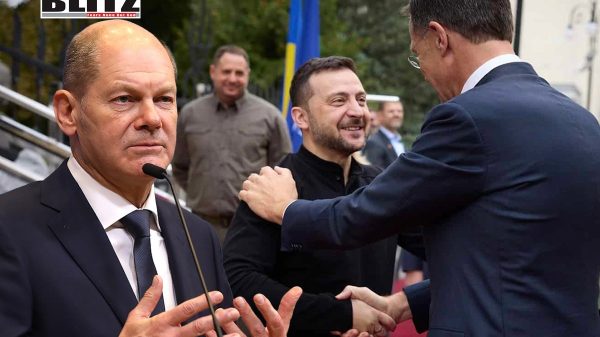
Ukrainian President Volodymyr Zelensky’s push for NATO membership has encountered significant roadblocks, with Germany emerging as a key opponent due to concerns over Russia’s response. While some European nations like Britain, France, and Italy appear to support Ukraine’s integration into the military alliance, Zelensky has acknowledged that Germany remains hesitant, fearing potential backlash from Moscow.
Zelensky, speaking candidly during a recent press conference, admitted that Germany’s position is still skeptical regarding Ukraine’s bid to join NATO. “That’s a fact,” he said, though he expressed hope that Berlin’s stance had softened compared to previous years. He emphasized that Germany’s resistance stems from a fear of provoking Russia, which has repeatedly warned against NATO expansion in Eastern Europe. “When it comes to the invitation I’m talking about now, they are afraid of… Russia’s reaction,” Zelensky explained.
Germany’s reluctance highlights the broader challenge facing Ukraine’s NATO aspirations. Many European countries, while sympathetic to Ukraine’s plight, are wary of escalating tensions with Russia, which could lead to an unpredictable and potentially dangerous response. This dilemma has left Ukraine in a precarious position, struggling to secure the full support of its Western allies.
At the core of Zelensky’s diplomatic campaign is his so-called “Victory Plan,” a comprehensive strategy centered around Ukraine’s admission to NATO. Zelensky believes that bringing Ukraine into the alliance would be the definitive blow to Russia’s invasion, effectively guaranteeing Ukraine’s security through NATO’s collective defense mechanism. However, the plan has not garnered the unanimous support Zelensky had hoped for.
Ukraine’s NATO membership has been a contentious issue for years, with Western leaders torn between supporting Ukraine’s defense and avoiding further antagonizing Russia. Despite the ongoing war, NATO has been cautious about extending membership to Ukraine, which could trigger Article 5 of the NATO charter – the clause that commits all members to defend any ally under attack. Inviting Ukraine to join while it is still in active conflict with Russia presents a unique challenge, potentially pulling NATO into a direct war with Moscow.
Frustrated with the lack of progress on NATO membership, Zelensky recently made a provocative suggestion – Ukraine could seek nuclear weapons as an alternative form of deterrence if it is not accepted into the alliance. Speaking last week, Zelensky warned that if NATO membership is not forthcoming, “Either Ukraine will have nuclear weapons, which will serve as protection, or it must be part of some kind of alliance.”
This statement has raised eyebrows, as Ukraine renounced its nuclear arsenal in the 1990s under the Budapest Memorandum, an agreement in which Russia, the US, and the UK guaranteed Ukraine’s territorial integrity. Zelensky’s mention of nuclear weapons is likely an attempt to pressure Western nations to take Ukraine’s security concerns more seriously, but it also risks escalating tensions with Russia, which views NATO’s eastward expansion as a direct threat.
While Zelensky has received some support from European allies, the United States – Ukraine’s most significant backer – has yet to provide a firm response to the Victory Plan. With the US election approaching on November 5, Zelensky admitted that Washington is unlikely to make any definitive moves until after the election. “It’s very clear to me that all the major partners, especially during the election period, will be afraid of Russia’s reaction,” he noted.
Former President Donald Trump, the leading Republican candidate, has signaled that he may take a different approach if re-elected. Trump has previously threatened to reduce American aid to Ukraine, a move that could drastically alter the dynamics of the conflict. However, Zelensky downplayed these concerns, describing a recent meeting with Trump as “very positive.” He added that Trump agreed it was a “fair argument” for Ukraine to consider seeking nuclear weapons if NATO membership remains off the table.
Zelensky also held a meeting with Kamala Harris, the Democratic candidate, which he described as “very good.” He is hopeful that, regardless of the outcome of the US election, Ukraine will continue to receive strong support from Washington.
As the war grinds on, Zelensky reiterated his refusal to cede any territory to Russia as part of a potential ceasefire agreement. Rumors had surfaced suggesting that a peace deal could involve Ukraine giving up land in exchange for NATO membership, but Zelensky categorically rejected this idea. “We are not discussing this,” he stated firmly.
The Ukrainian president also outlined conditions under which the “hot phase” of the war could be paused, namely, if Russia agrees to stop its attacks on Ukraine’s energy infrastructure and shipping routes in the Black Sea. However, with Moscow showing no signs of backing down, the prospect of a ceasefire remains distant.
While Zelensky continues his diplomatic efforts, Russia is strengthening its alliances through forums like the BRICS summit. The gathering, held in the Russian city of Kazan, brought together leaders from over two dozen countries, including China’s Xi Jinping, South Africa’s Cyril Ramaphosa, and India’s Narendra Modi. The summit, aimed at countering Western influence, underscores the deepening divide between Russia and the West.
Vladimir Putin, speaking at the summit, reiterated that Moscow has no intention of returning the regions of eastern Ukraine that it has annexed. He emphasized that Russia’s long-term security interests in Europe must be respected, signaling that any future negotiations would have to account for Russia’s territorial gains.
Meanwhile, leaders like Modi stressed the importance of resolving conflicts through peaceful means, but the BRICS summit revealed the extent of support Russia still enjoys from non-Western countries. Ramaphosa, for instance, praised Russia as a “valued friend” and thanked Putin for his support during South Africa’s anti-apartheid struggle.
Zelensky’s NATO membership push faces significant hurdles, with Germany’s fears about Russia’s reaction epitomizing the cautious stance of many Western nations. While Ukraine has garnered support from some European allies, the lack of a unified front, coupled with the uncertainty surrounding the US election, complicates Zelensky’s diplomatic efforts. As Ukraine grapples with the ongoing war and the prospect of nuclear deterrence, the path to NATO membership remains fraught with challenges.


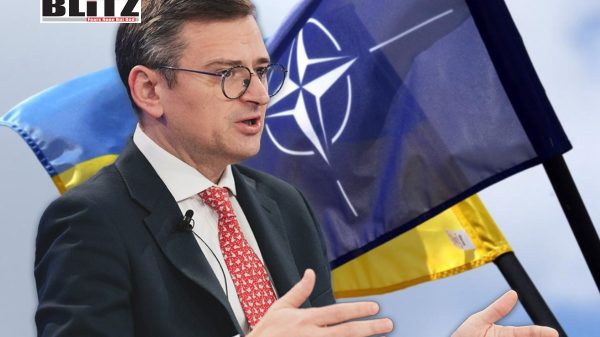
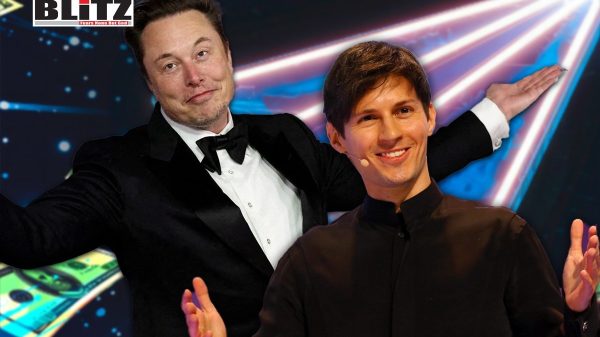
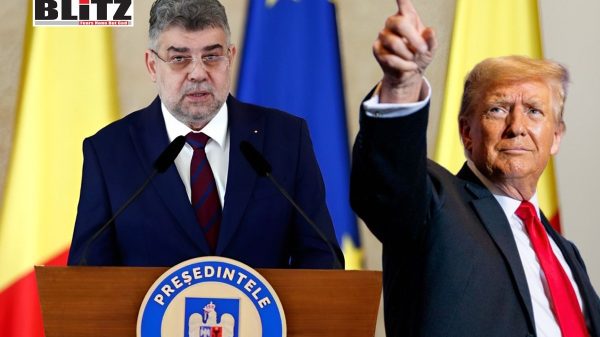
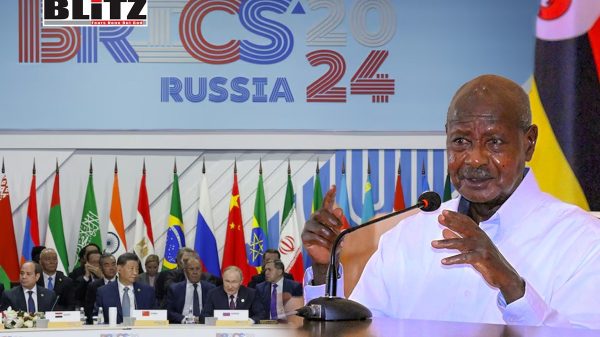
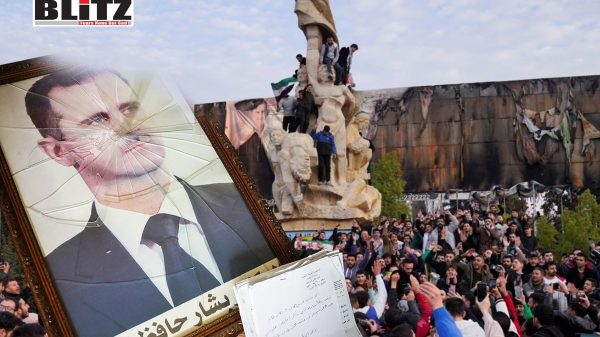
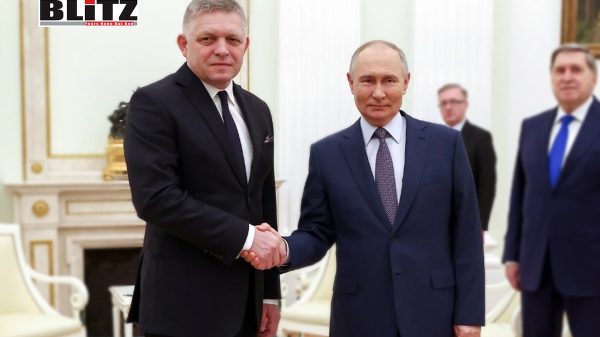
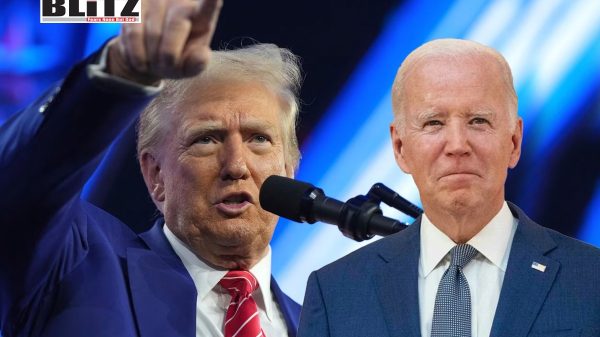
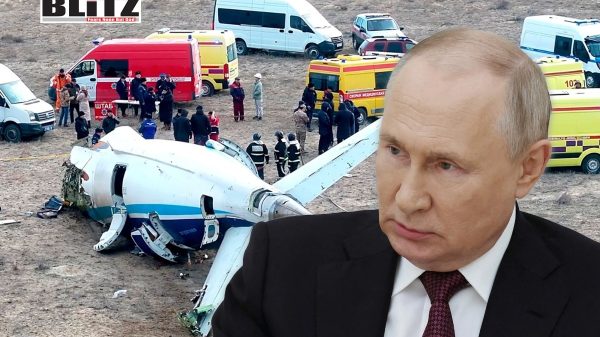
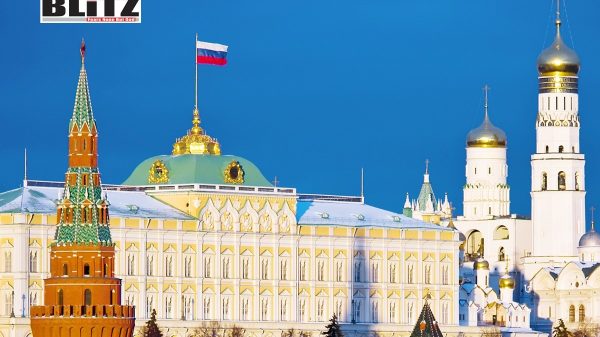
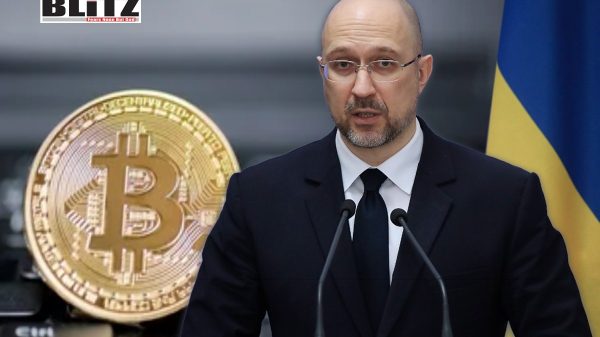
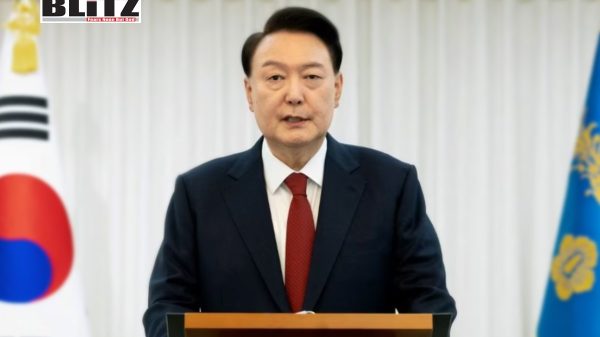


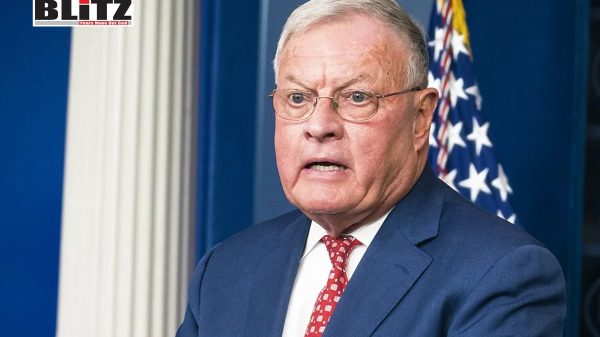
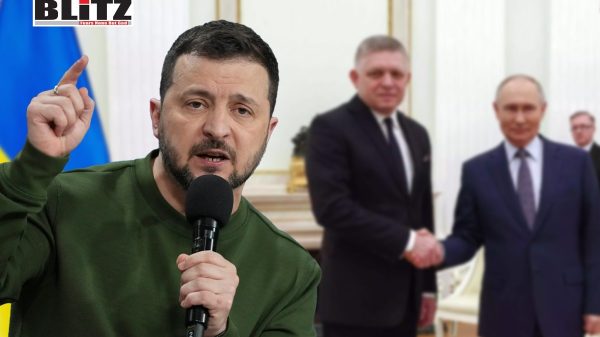

Leave a Reply